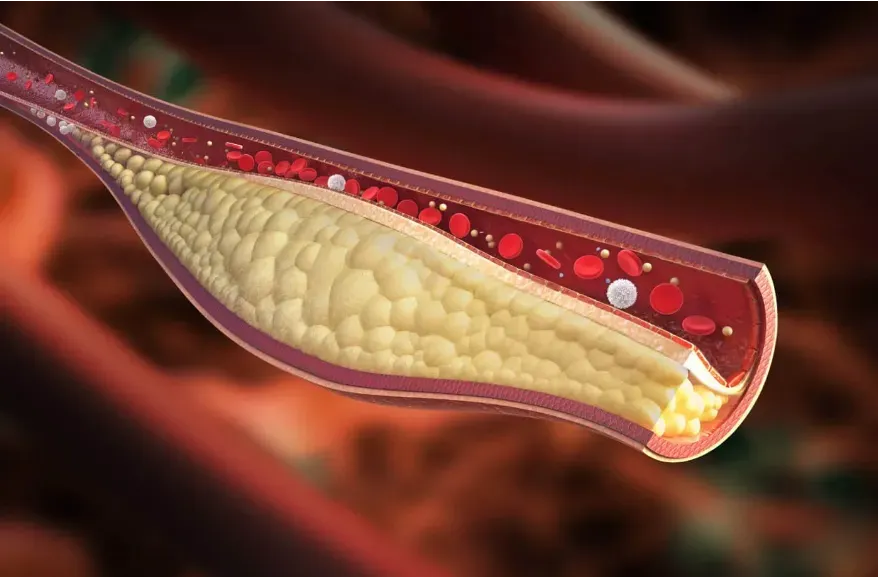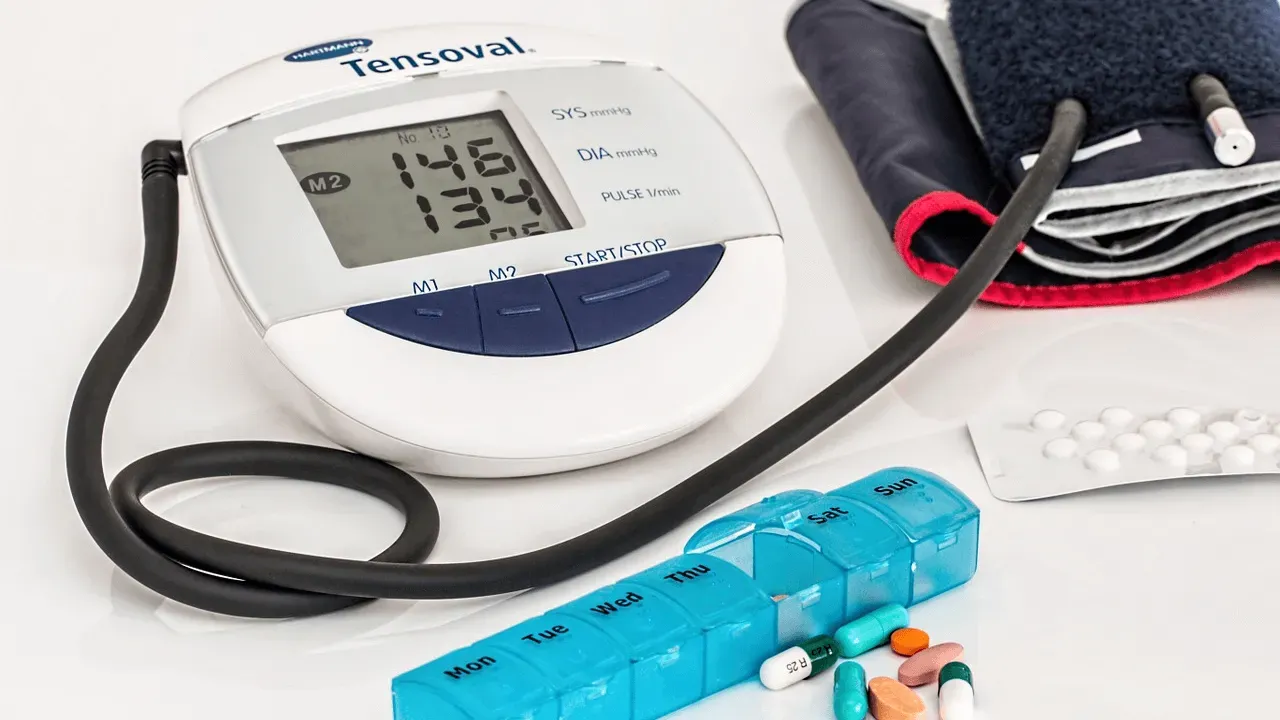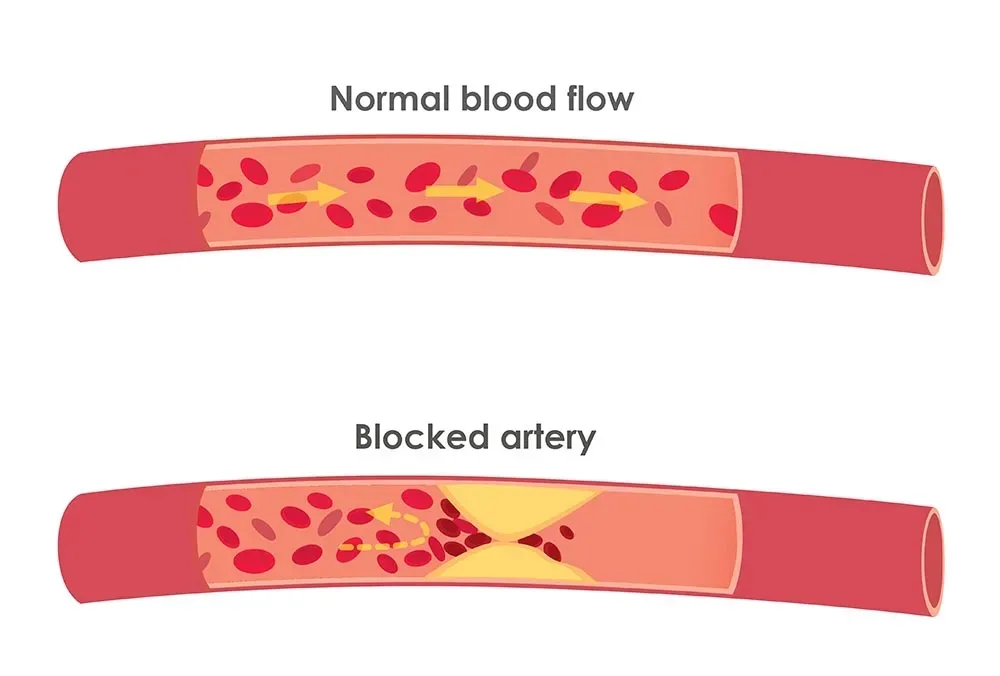Understanding Atherosclerosis: Why It's Crucial to Start Prevention Early
Introduction to Atherosclerosis
Hey, everyone! Today we're diving into a topic that affects us all, more than you might think – atherosclerosis. This condition might sound like a complex medical jargon, but it's something that we should all be aware of. Atherosclerosis is a critical issue because it's the primary disease that impacts human longevity and health span. It's so prevalent that while not everyone dies from it, it's believed that nearly everyone will have some form of it if they live long enough.
The Inevitability and Impact of Atherosclerosis
Atherosclerosis is a condition characterized by the accumulation of cholesterol, among other substances, within the arterial walls. This buildup leads to what we commonly know as plaques. These plaques can narrow the arteries, reducing blood flow and sometimes leading to complete blockages. The consequences? Heart attacks, strokes, and many other cardiovascular diseases.
Understanding this condition is crucial because it often progresses silently until it suddenly becomes life-threatening. Sadly, the first sign of atherosclerosis for many can be as severe as a heart attack or even sudden death. This is why today's discussion is not just important for the elderly or the sick but for everyone, regardless of age.
Why Should You Care Now?
Think atherosclerosis is a senior's issue? Think again. Statistics show that significant cardiovascular events, including heart attacks and strokes, often occur before the age of 65. Surprisingly, over 50% of men will experience such an event before they retire, and for women, that number is over one-third.
These statistics make it clear that atherosclerosis isn't just an old age problem. It develops over decades, meaning the choices we make in our younger years can significantly influence our risk levels later in life. Whether you're 20, 40, or 60, the time to think about cardiovascular health is now.
Key Risk Factors and Prevention Strategies
Hypertension and Lipid Abnormalities
When it comes to managing the risk of atherosclerosis, two major factors come into play: hypertension (high blood pressure) and lipid abnormalities. These elements are critical in the development of cardiovascular diseases. Managing these can help mitigate the risk of developing severe atherosclerotic conditions.
Lifestyle Choices Matter
In addition to genetic factors, lifestyle choices can greatly impact the risk of developing atherosclerosis. One significant controllable risk factor is smoking. Smoking not only damages the blood vessels and promotes the buildup of plaque, but it also accelerates the hardening of arteries, increasing the risk of atherosclerosis.
Adopting a healthy lifestyle can help prevent or slow down the progression of atherosclerosis. A balanced diet rich in fruits, vegetables, whole grains, and lean proteins can help lower cholesterol levels and reduce inflammation in the body, both of which are key factors in preventing atherosclerosis. Regular exercise is also important as it helps maintain a healthy weight, improve circulation, and strengthen the heart muscle.
Overall, making positive lifestyle choices such as maintaining a healthy diet, staying physically active, avoiding smoking, limiting alcohol intake, and managing stress can play a significant role in reducing the risk of atherosclerosis and promoting overall cardiovascular health.
Understanding Cholesterol's Role in Atherosclerosis
Cholesterol: The Good, the Bad, and the Essential
Cholesterol might have a bad reputation, but it's essential for our survival. It forms part of every cell in our body and is crucial for producing hormones and bile acids necessary for digesting food. However, when cholesterol levels in the blood become too high, particularly the bad type (LDL), it can deposit in the artery walls and contribute to atherosclerosis.
The Importance of Early Prevention
Atherosclerosis is a condition where plaque builds up in the arteries, leading to restricted blood flow and an increased risk of heart attacks and strokes. The progression of atherosclerosis is typically gradual and can go unnoticed for years until a serious event occurs.
Early detection of high cholesterol levels, which is a major risk factor for atherosclerosis, is crucial in preventing the development and progression of the disease. Regular health check-ups, including lipid panels to measure cholesterol levels, are essential in identifying any abnormalities early on. By monitoring cholesterol levels and making necessary lifestyle changes or starting medications if needed, individuals can reduce their risk of atherosclerosis.
By actively managing cholesterol levels through regular check-ups, blood tests, and consultations with healthcare providers, individuals can significantly reduce their risk of atherosclerosis progressing to a critical stage. Ultimately, early detection and management of cholesterol levels can be life-saving in preventing the devastating consequences of advanced atherosclerosis.



